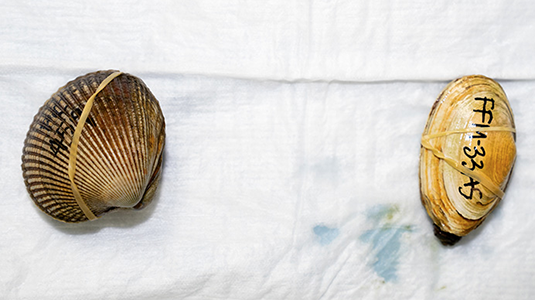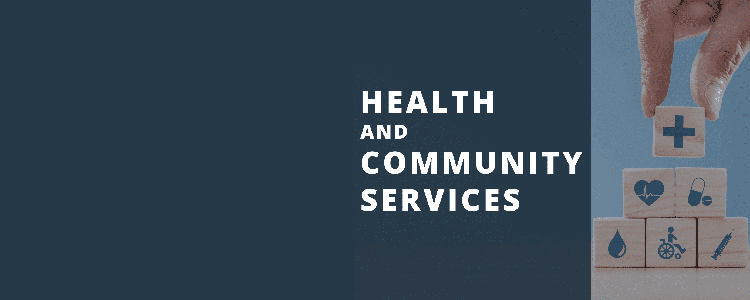||| MIDNIGHT MUTTERINGS by JACKIE BATES |||
I’ve been been reading the recent words of Michael Luttig and Laurence Tribe, and thinking about a time decades ago when I was in graduate school in California. Our little family lived in student housing for several years. In our court there was a ring of maybe 20 or 30 apartments surrounding a big playground for the many children who lived there. The front doors of the two- story apartments opened on the streets and the back doors opened to a small patio and the big playground. You could have a much privacy as you wanted and your could share the playground with the other families.
Maybe six doors from our family there was a couple with two young children. We didn’t see the mother often. She worked long hours as a hostess in a restaurant to support her family while her husband earned a doctorate in child development. We occasionally saw him outside with his young children. Soon we (the other mothers and I) realized there was something was terribly wrong. The mother was at home more than usual and occasionally came to one of us through the street side of our apartments. She had fresh bruises and cuts on her face each time. Her English was limited but it was clear she was being beaten by her husband. She always begged for privacy and she was unwilling to go to the police. We washed her cuts, put ice on her bruises, but otherwise, we did not intervene. We did talk to each other quietly about the situation, but did not think what we could do. We witnessed only one public event of the abuse: The father held the children by their ankles and held them out of a second story window over the concrete of their patio while their mother screamed out of the other upper window. It was a brief few, horrifying, moments until the four of them were back inside with the shades drawn and all was quiet again. And again, those of us who witnessed it were again quiet as well. Not long after we heard that the father took the children to stay with his mother in San Francisco. Later, heard somehow that there had been a court case and he had won custody of the children. We never knew what happened to the mother.
Several years and moves later, we were living in Seattle, where I recognized his name in the newspaper. He was a professor of child development at the University of Washington. ( I don’t recall what department, maybe psychology) who had been arrested on cocaine charges. I followed the case in the paper and was rewarded when he claimed he was doing research involving cocaine. The judge declared that while that was a creative and novel way of defending his activities, but ‘without merit.’ Somehow I never found out about his sentence or what had happened to his children or his wife. This was before the internet and I can’t look up the case now as I don’t recall his name. In the papers, there was no mention of his family.
When I was in Seattle, I thought a lot about the time when he brought so much terror to his family and how helpless we felt. Why didn’t we go to the police anyway? Why, even though any one of us would have endangered ourselves as well as the family, did we not confront him? And more important, why did not it occur to us that if we went as a group to the authorities, either to the university or the cops, or to him, did we not intervene? Twenty or more women. A wall of angry women who could take in the wife and children and shelter them? Of course, he could have taken out the first line of us, but not all. And if we included our husbands, that would have been forty people. Of course, we never thought of any of this or whether he might be armed. And I only considered that we might be a lot more powerful as a group until those many years later. After all, this was the seventies and we all belonged to women’s groups and were just beginning to feel our collective power.
So now we, as a nation, are dealing with political bullies and their supporters who threaten our very survival as a nation. We see individual heroes: Tribe and Luttig, Cassidy Hutchinson, Jack Smith, Merrick Garland, who never got a Senate hearing when Obama nominated him to the Supreme Court, the same Supreme Court which will eventually be deciding whether (or not) the Fourteenth Amendment forbids a (likely) convicted felon to run for the Office of the President of the United States. Even if he is US born and at least 35 years old, and he claims he is a victim himself, who is ‘only protecting the rest of us.’ There are a lot of us. Enough of us to stand up to bullies if we can recognize them. Each of us has a vote, if we are old enough, if we are brave enough. We the People. We failed ourselves before as other nations have failed themselves.
Sure, I know. People cast their own ballots. Did I say anything when my friends, members of my own family voted for a candidate who horrified me? I did not. Would I have been able to convince them to listen to me, read what I read, be cautious? I doubted it then and I doubt it now. I know they would not have been able to sway me to their convictions and they did not try. I know a few families who are permanently ruptured because of political differences. Was it worth it? I don’t know.
But I do know that all those years ago, my neighbors and I failed that little family a few apartments away. Is that any different? Bullies get to be bullies only if we, the collective we, tolerate it.
**If you are reading theOrcasonian for free, thank your fellow islanders. If you would like to support theOrcasonian CLICK HERE to set your modestly-priced, voluntary subscription. Otherwise, no worries; we’re happy to share with you.**








